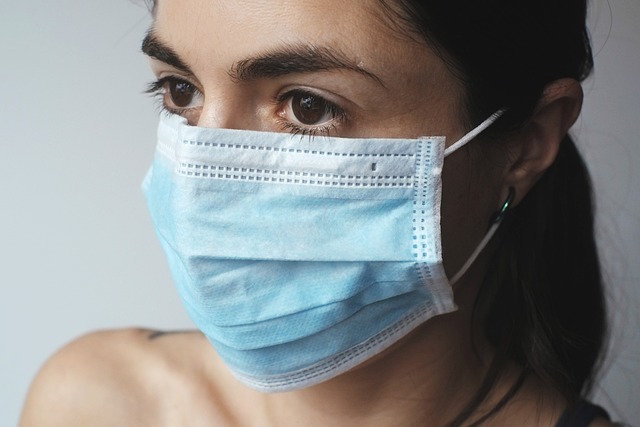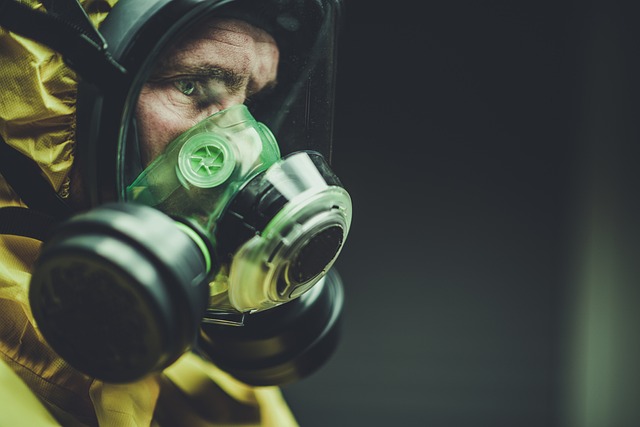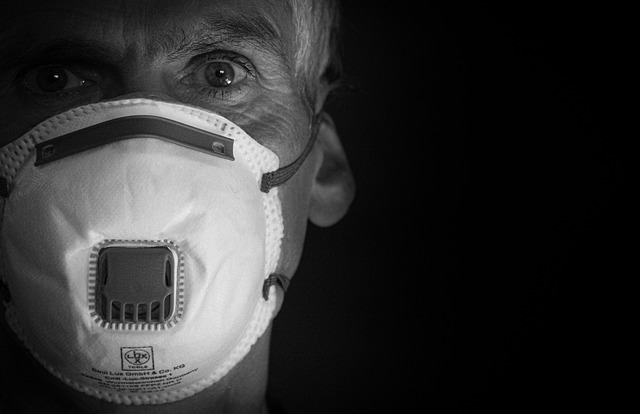Introduction
The Covid Explosion pandemic has had a significant impact on the world, affecting individuals, communities, and economies across the globe. In this article, we will delve into various aspects of Covid Explosion, including its definition, transmission, symptoms, testing, prevention measures, treatment options, mental health impact, variants, global response, economic implications, travel restrictions, and the future outlook.
What is Covid Explosion?
Covid Explosion, short for Coronavirus Disease 2019, is a highly contagious viral illness caused by the severe acute respiratory syndrome coronavirus 2 (SARS-CoV-2). It was first identified in December 2019 in Wuhan, China, and quickly spread across the world, leading to a global pandemic.
Spread and Transmission of Covid Explosion
Covid Explosion primarily spreads through respiratory droplets when an infected person coughs, sneezes, talks, or breathes. It can also spread by touching surfaces contaminated with the virus and then touching the face. Close contact with an infected individual, even if they are asymptomatic, can lead to transmission.
Symptoms of Covid Explosion
The symptoms of Covid Explosion can vary from mild to severe and may include fever, cough, shortness of breath, fatigue, body aches, sore throat, loss of taste or smell, headache, and gastrointestinal issues. It’s important to note that some individuals may be asymptomatic carriers, which makes it crucial to follow preventive measures.
Testing and Diagnosis
Testing for COVID-19 involves various methods such as polymerase chain reaction (PCR) tests, antigen tests, and antibody tests. These tests help in diagnosing active infections, identifying past infections, and determining if an individual has developed immunity. Timely and accurate testing plays a crucial role in controlling the spread of the virus.
Prevention and Safety Measures
To prevent the spread of COVID-19, it is essential to follow safety measures such as wearing masks, practicing social distancing, frequent handwashing, using hand sanitizers, and avoiding large gatherings. Vaccination has also proven to be effective in preventing severe illness and reducing the transmission of the virus.
Vaccines and Immunization
The development and distribution of Covid Explosion vaccines have been monumental in combating the pandemic. Vaccines from various pharmaceutical companies have been authorized for emergency use and have undergone rigorous testing to ensure their safety and efficacy. Vaccination campaigns have been initiated worldwide to immunize the population and achieve herd immunity.
COVID-19 Treatments
Several treatments and therapies have been explored to manage Covid Explosion. These include antiviral drugs, monoclonal antibodies, convalescent plasma therapy, and supportive care. Ongoing research and clinical trials continue to improve treatment options and outcomes for individuals infected with COVID-19.
Mental Health Impact of COVID-19
The pandemic has taken a toll on the mental health of individuals due to various factors such as isolation, fear, uncertainty, and the loss of loved ones. It is crucial to prioritize mental well-being and seek support when needed. Mental health resources and telemedicine services have become more accessible to provide assistance during these challenging times.
COVID-19 Variants
Over time, several variants of the SARS-CoV-2 virus have emerged, some of which are more transmissible or may have different clinical outcomes. These variants have raised concerns and highlighted the importance of genomic surveillance, early detection, and appropriate public health measures to control their spread.
Global Response and Control Efforts
Countries and international organizations have implemented various measures to control the spread of Covid Explosion. These include lockdowns, travel restrictions, contact tracing, mass testing, healthcare system strengthening, and public awareness campaigns. Collaborative efforts among nations have played a vital role in managing the pandemic.
Covid Explosion and the Economy
The pandemic has had significant economic implications, affecting industries, businesses, and job markets worldwide. Sectors such as travel, hospitality, and retail have faced unprecedented challenges. Governments and financial institutions have implemented stimulus packages and policies to mitigate the economic impact and support affected individuals and businesses.
Travel Restrictions and Guidelines
Travel restrictions and guidelines have been implemented globally to reduce the spread of COVID-19 across borders. These include mandatory testing, quarantine measures, and vaccination requirements. It is important to stay updated with the latest travel advisories and follow the guidelines provided by health authorities.
Future Outlook
As the world continues to navigate through the pandemic, the future outlook relies on vaccination rates, public health measures, and ongoing research. The development of new therapies, improved testing capabilities, and the global commitment to healthcare infrastructure and preparedness will play a crucial role in managing and preventing future outbreaks.
Conclusion
The COVID-19 pandemic has challenged humanity in numerous ways, but it has also highlighted the resilience, adaptability, and collaborative spirit of individuals, communities, and nations. By staying informed, following preventive measures, prioritizing mental health, and supporting global efforts, we can overcome the challenges posed by COVID-19 and build a healthier and more prepared world.
FAQs (Frequently Asked Questions)
-
Q: Can I get COVID-19 even if I have been vaccinated?
- A: While COVID-19 vaccines are highly effective, breakthrough infections can still occur. However, vaccinated individuals are less likely to experience severe illness or require hospitalization.
-
Q: How long does immunity from COVID-19 last after recovery?
- A: Studies suggest that natural immunity after recovering from COVID-19 may last for several months to a year. However, getting vaccinated is still recommended for long-lasting protection.
-
Q: What is the long-term impact of COVID-19 on the economy?
- A: The long-term impact of COVID-19 on the economy is still unfolding. However, it has led to changes in industries, remote work trends, and a focus on digitalization. Governments and businesses are working towards recovery and resilience in the post-pandemic era.




